Top 9 Easy Ways To Cope Up With COVID-19 Anxiety
As the world is grappling with COVID-19, even after a year of the fight there is a considerable degree of fear, worry, and concern in the larger proportion of people all over the world. It’s common that we feel anxious in certain situations, which can help us avoid dangers and this is how we have evolved to keep ourselves safe. Even if you are not typically an anxious person, a crisis such as the Covid-19 pandemic can make you vulnerable to negative mental health effects as you may feel distressed and overwhelmed about your own well-being and that of your family and friends.
Stress and anxiety are also factors that can take a toll on our health and can weaken our immune system. While many things feel uncertain or out of control, one of the most effective ways to fight stress and anxiety during this period of uncertainty is to focus on the actions that are in our control. Therefore, to handle the increasing COVID anxiety, here are TOP 9 easy-to-follow strategies that can help you during these tough times.
1. Learn how to protect yourself and your loved ones from COVID-19
The center for disease control has recommended important actions to be taken to protect ourselves from the infection and prevent the virus from spreading, by getting vaccinated, practicing good hygiene, self-isolation, social distancing and so on.
2. Admit your feelings
Whatever anxiety you are undergoing right now, know that it’s okay to feel it that way. Allow yourself time to notice and express, what you feel right now. This could be through talking to your family, friends or through journaling, or also channeling your emotions into something creative like painting or drawing
3. Practice Mindfulness Meditation
Mindfulness meditation helps develop self-awareness that arises through paying attention to the present, which means controlling the mind from wandering away from the present. Meditation has been shown to have significant benefits on stress and anxiety and a range of health conditions.
4. Stick to your day to day activities and a health routine
Following a healthy routine can have a positive impact on your thoughts and feelings and keep you motivated even during tough times. Go back to basics like eating healthy meals, following a fitness routine like an indoor gym, other physical exercise strategies, getting enough sleep, and doing things you enjoy. Avoid smoking, excessive alcohol, and drugs to protect your mental health and immune system.
5. Try to stop the behaviors that are making you anxious
Certain actions like too much inquisitiveness and research into the subject that may cause fear in you, germ phobia, can fuel anxiety about health. Some people have the tendency to focusing too much on bodily symptoms, and relying on the Internet to learn more about it can consume one with anxious thoughts and panic. Being mindful of such behaviors and understanding how they’re making you feel is important. If you are unable to cope up with such behaviors, get the help of a therapist to support you with coping strategies that can alleviate disproportionate feelings of anxiety.
6. Do not focus too much on the news and social media
It’s good to keep informed and prepared. But at the same time, constantly following news with upsetting media coverage can only intensify worry and agitation. When you get the urge to check updates, schedule a specific time to check in with the news instead. It’s good not to clutter your mind with everything related to COVID. Instead, talk about other topics. Most importantly, stay away from any kind of misinformation on social media because we don’t know whether the information shared on various social media platforms is validated or not.
7. Stay connected with people
Physical or social distancing does not mean a complete disconnect. Having healthy relationships with people we trust is important to feel connected, so keep in touch with people you see often or reconnect with old friends. There are lots of ways to get connected virtually with your loved ones. Social media is one such way, but make sure you take regular breaks from your devices – and switch off before bed.
8. Be aware of negative thoughts
Just because we’re overthinking about an illness or having negative thoughts about it, doesn’t always mean it’s true. When you notice yourself worrying a lot, calm your mind and try to let worries pass by without focusing on them too much.
9. Prepare for the New Normal
When WHO announced the COVID-19 outbreak as a pandemic in 2020, the world was not prepared for it, as it is unlike anything we have experienced before. But after a year of fight, it is something that we all have to adjust to the “new normal”, meaning a new way of living and going about our lives, work, and interactions with other people. We must remember that many diseases caused by viruses have no cure to date, not even the common cold. Yet, over a period, we all have learned to get adapted to live with them. So be positive, eat well, and adhere to COVID protocol.
Final Thoughts. If you are facing difficulty coping with the anxiety, you may accept the help of your family members or friends or speak to a therapist who can assist you with the best coping strategies to keep you emotionally balanced and calm during this situation. Psychotherapy Partners in Minneapolis have got the best team of experts to give you the best support for mental health-related problems. Book your appointment today.

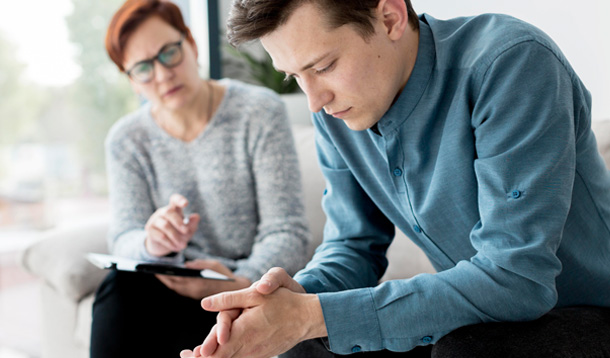



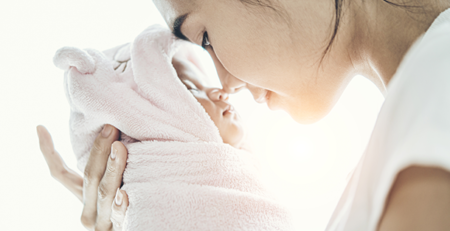
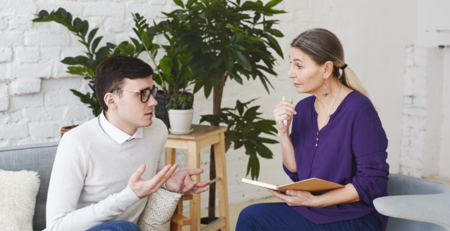
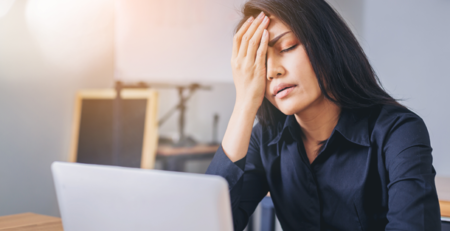
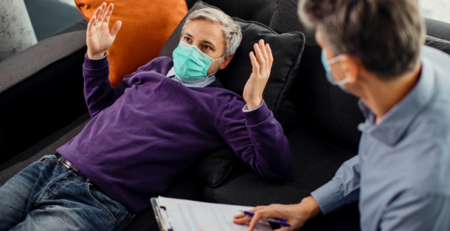



Leave a Reply